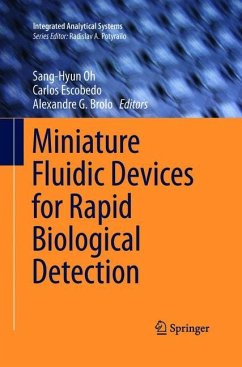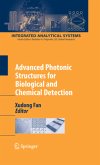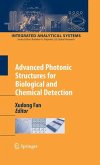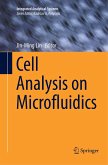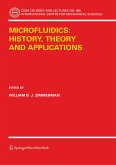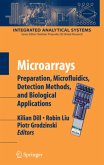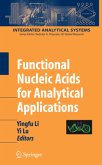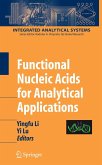This book presents an overview of fundamental aspects of surface-based biosensors and techniques for enhancing their detection sensitivity and speed. It focuses on rapid detection using miniaturized sensors and describes the physical principles of nanoscale transducers, surface modifications, microfluidics and reaction engineering, diffusion and kinetics.
A key challenge in the field of bioanalytical sensors is the rapid delivery of target biomolecules to the sensing surface. While various nanostructures have shown great promise in sensitive detection, diffusion-limited binding of analyte molecules remains a fundamental problem. Recently, many researchers have put forward novel schemes to overcome this challenge, such as nanopore channels, electrokinetics, and dielectrophoresis, to name but a few. This book provides the readers an up-to-date account on these technological advances.
A key challenge in the field of bioanalytical sensors is the rapid delivery of target biomolecules to the sensing surface. While various nanostructures have shown great promise in sensitive detection, diffusion-limited binding of analyte molecules remains a fundamental problem. Recently, many researchers have put forward novel schemes to overcome this challenge, such as nanopore channels, electrokinetics, and dielectrophoresis, to name but a few. This book provides the readers an up-to-date account on these technological advances.

